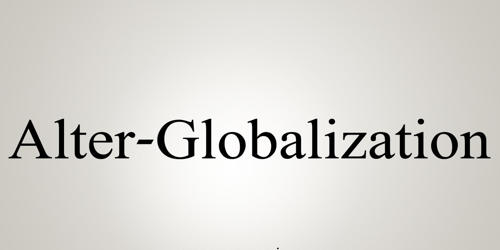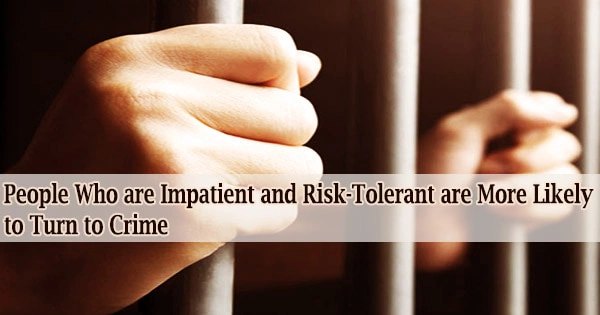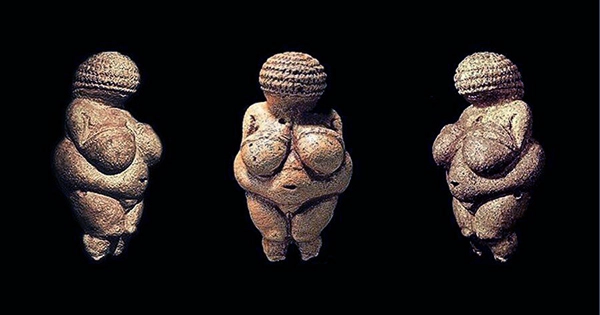Alter-globalization is the name for a large spectrum of global social movements that present themselves as supporting new forms of globalization, urging that values of democracy, justice, environmental protection, and human rights be put ahead of purely economic concerns. Alter-globalization is a social movement whose proponents support global cooperation and interaction, but oppose what they describe as the negative effects of economic globalization, considering it to often work to the detriment of, or not adequately promote, human values such as environmental and climate protection, economic justice, labor protection, protection of indigenous cultures, peace and civil liberties. The emergence of this global movement highlighted and brought together a number of local and national struggles which up to then had been seen as isolated, and had been inconspicuous in the outside world.
The name may have been derived from a popular slogan of the movement, namely “Another world is possible”, which came out of the World Social Forum. Contrary to the common view that globalization undermines social agency, ‘alter-globalization activists’, that is, those who contest globalization in its neo-liberal form, have developed new ways to become actors in the global age. The alter-globalization movement is a cooperative movement designed to “protest the direction and perceived negative economic, political, social, cultural and ecological consequences of neoliberal globalization”. Many alter-globalists seek to avoid the “disestablishment of local economies and disastrous humanitarian consequences”.
Instead, they see their movement as an alternative to what they term neo-liberal globalization in which international institutions and major corporations devote themselves to enriching the developed world while giving little or no attention to what critics say are the detrimental effects of their actions on the people and environments of less developed countries, countries whose governments are often too weak or too corrupt to resist or regulate them. These activists have built a truly global movement that has gathered citizens, committed intellectuals, indigenous, farmers, dalits, and NGOs against neoliberal policies in street demonstrations and Social Forums all over the world, from Bangalore and Seattle to Copenhagen and from Porto Alegre to Dakar.
















